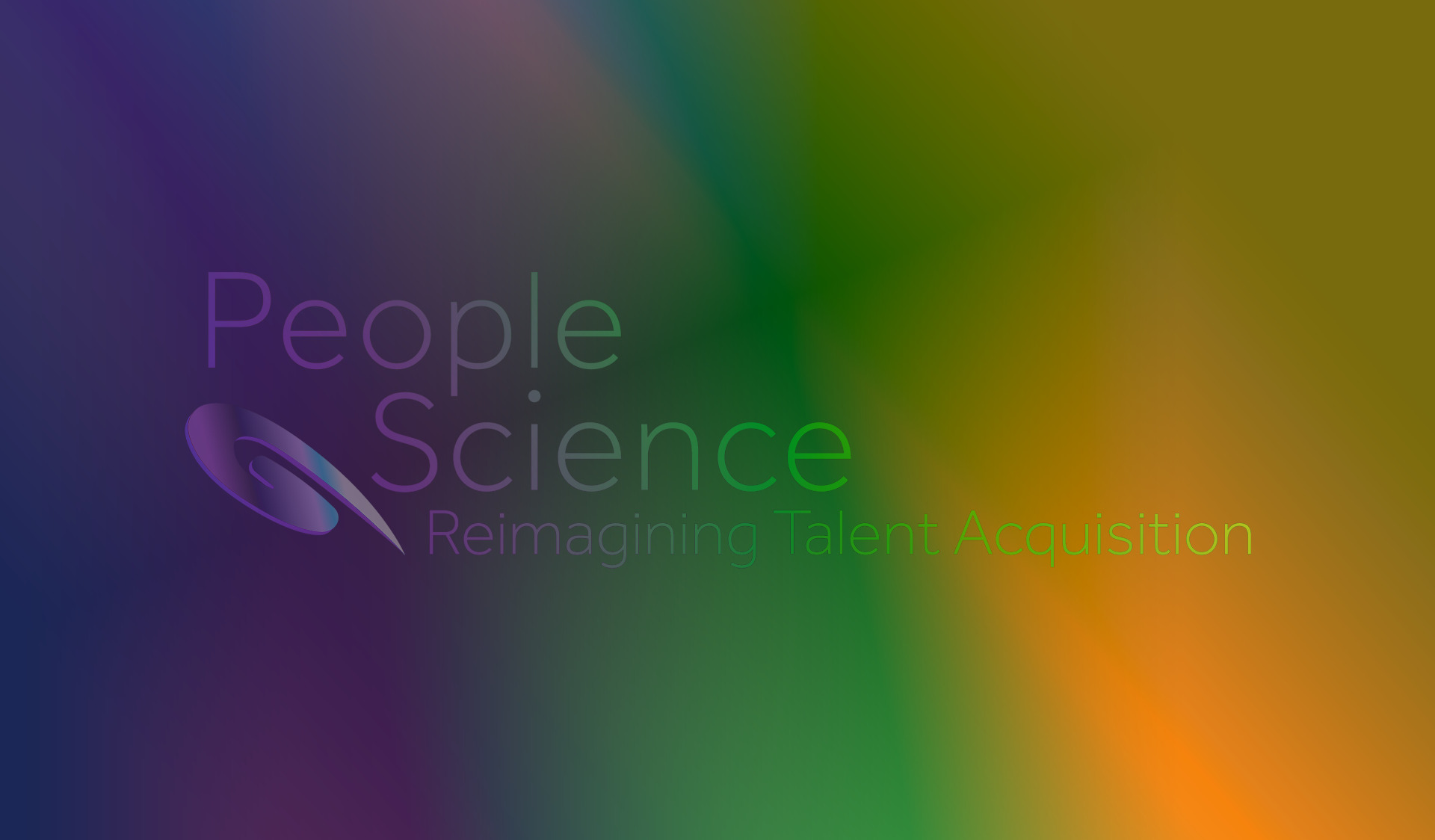As my round of HR conferences for the fall comes to a close, I feel compelled to share the one most resounding and perhaps most influential theme I have witnessed – the divided minds between innovation and business as usual.
Sure, innovation and keeping the status quo are always at odds; however, this year, the divide seems to have come of age.
While sitting at a table of eight talent acquisition professionals during a workshop at the Candidate Experience Symposium, we watched a panel discuss their relationships with their Hiring Managers. There was an apparent and painfully clear line almost down the center of the table.
On one side were those who agreed with the speaker, who was explaining the advantages gained by prohibiting their newly Hired Managers from hiring anyone until they were employed by the company for at least 6 months. The others in attendance were completely baffled by this idea.
I tend to be one of those people who believes everything I hear the first time I hear it; at least for the first few minutes. For example, you can tell me that restricting hiring managers from hiring until they know the company culture is a really, really good idea—but a few seconds later—once the “idea dust” settles, the ramifications of the restriction, and even the term restriction, freaks me out. I think it’s because I am on the innovation side of the table and Innovators by nature struggle with restrictions.
What I found most exciting was that no matter the opinion held, the participants were actually sharing their opinions and refreshingly, they were even whispering their arguing points. I say refreshingly because I think we HR professionals as a whole are noted to be amicable people-pleasers. Let’s face it, we are not typically well known for leading the charge of beliefs. So here, I was noticing the divide in beliefs and the courage to defend them pouring out—in a whisper and even while the panel was speaking. Bravo!
Another clear example of the divide came during a session we hosted on “Transparency in the Workplace.” While many came to hear about how to capitalize on the shared dialogue about their brand, several attended to learn how to control their messaging completely. The latter cited their companies’ very strict guidelines as to what an employee could publish about the company and even what an employee can say while identified as an employee of the company. This one took me back – like way back to 1990 before the internet and way before Glassdoor. However, at the same time, I get their point: put more and firmer guidelines in place and stop the madness. Both the believers in embracing transparency and the holders of the strict policies meant what they said and said what they meant. Although one of the most adamant strict policy protectors just told me, that they are “reconsidering and updating their policies as a result of the conversation around the topic.” It still sounds pretty strict, but it’s a start.
In the end, though, it was the analyst within talent acquisition who made me take notice of the divide. My team and I were very surprised to learn that several of the great analyst innovators we admired most, plan on leaving or have already left their comfortable and more historically established firms. Guess what they cited? Stifled innovation.
So what does this divide mean to talent acquisition and even HR as a whole? Our opinion is that the greatest growth within all professions or industries comes as a result of its greatest divides. Perhaps the conflict of ideas creates the passion and drama that causes us to take notice, and then take action?
What do you think? Have you noticed the great divide? If so, where do you think it will take us? Whether you want to whisper or shout, you can always email me privately at [email protected]

1 Comment
Talent Acquistion become more challenge these days because of More and More Man Power available in the market.